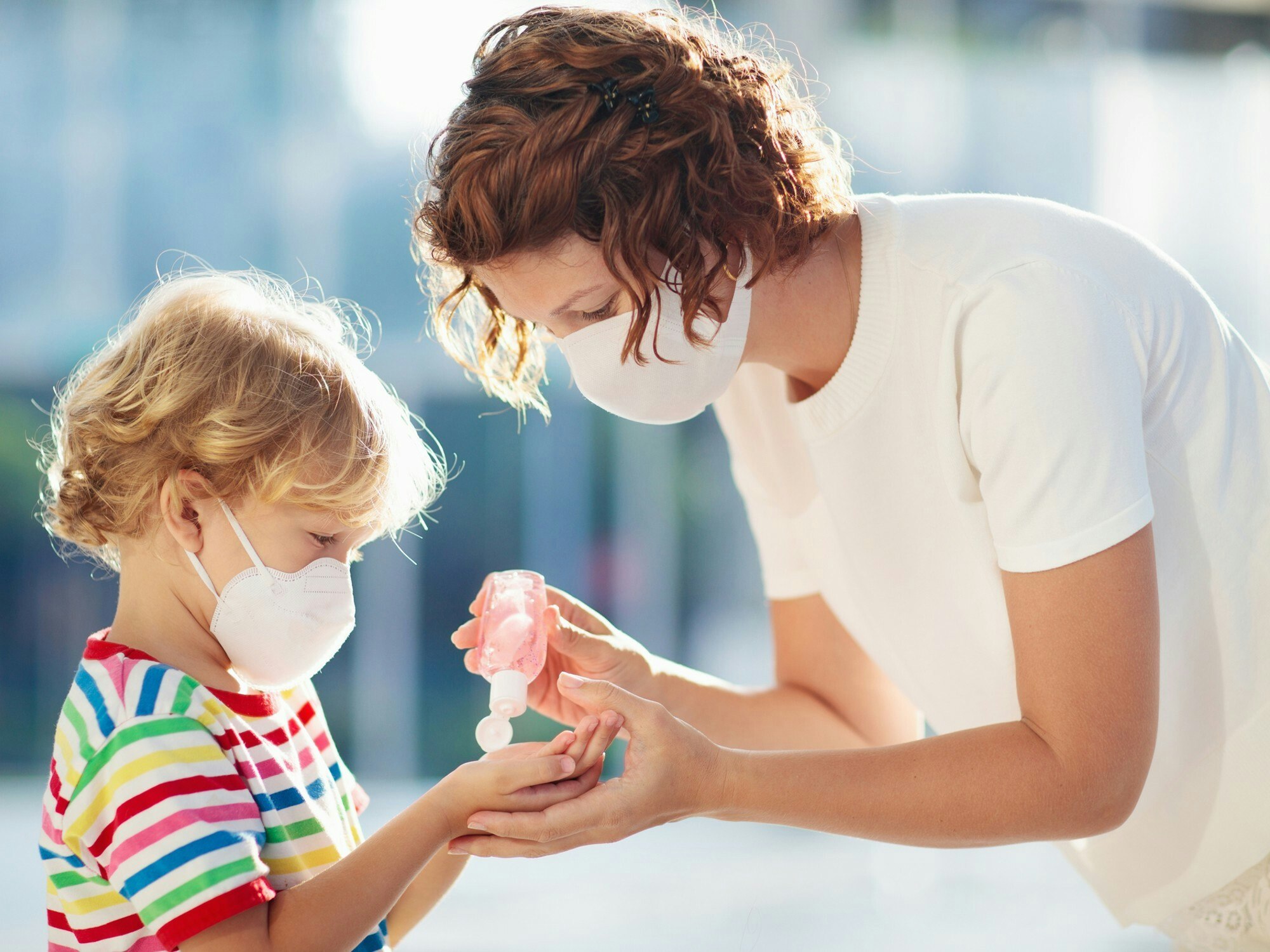Protecting yourself from getting sick during winter
Last updated

Catching a cold, an influenza virus, or any other contagious virus, is more likely in winter as people spend more time indoors and some viruses spread more easily in cooler temperatures.
Key points
- During the winter months, everyone is more susceptible to getting sick – from a cold, the flu, COVID-19 or any other type of virus
- There are some steps you can take to avoid getting sick as much as possible, such as eating healthily, staying warm and avoiding catching germs from others
- Keeping any health conditions you have under control and getting immunised also helps
There are some steps you can take to stay as healthy as possible and avoid sickness, that are outlined below.
Avoid germs
The principles for protecting yourself from COVID-19 will also work for many other viruses.
For example, avoiding high risk spaces, just like what you would do to avoid COVID-19, means you are less likely to catch the common cold.
If you need to be indoors, think about how you can meet with other people in a room that has lots of space, where you won’t be crowded and can avoid close contact with people.
Avoid touching surfaces in public places where germs might be breeding and wash your hands or use hand sanitiser to kill other germs you might pick up.
Sneeze or cough into a tissue to cover your mouth and nose, catching any germs you have and preventing you from spreading them to others.
Get tested if you have COVID-19 or flu symptoms and if you have ruled COVID out, consider what else it might be.
Mould growing in a house over winter because of the wet weather and darker days can also cause symptoms similar to a cold – a runny nose, cough, congestion, eye irritations, headaches, nausea and fatigue.
Check that there is no mould growing in your home and make sure you have good ventilation with clean and dry surfaces to stop mould from developing.
Immunisation
Getting your flu shot and keeping your COVID-19 vaccinations up to date can give you a higher level of protection from the disease they target.
The flu vaccine changes every year, so you need to get it each time to be protected as much as possible. Talk to your doctor about when and where to get your flu shot.
You can read about the rules and recommendations around the COVID-19 vaccination here.
Managing health conditions
Keeping any other ongoing health conditions you have under control will make you less prone to contagious diseases.
For example, if you have asthma the change in weather can be triggering, so it’s important you are taking the right medications and using inhalers as directed by your doctor.
You can also try to avoid things that trigger your asthma, like cold air, wood smoke and mould.
Health
Eat lots of vegetables and fruit to make sure you are getting enough vitamins and minerals because these boost your immune system to fight off cold and flu germs.
In particular, think about your intake of vitamin C – which is found in most fruit and vegetables – and zinc, found in most animal products, seeds and nuts.
Your iron levels are also important for strengthening your body’s responses to germs, and you can absorb iron by eating red meat or specific vegetables such as beetroot and spinach.
Getting out in the sun when you can allows you to absorb vitamin D.
Even though the weather may not make you feel like exercising, it is part of staying healthy.
You might like to pick a gap in the weather to go for a walk each day, go to an indoor swimming pool for laps or water aerobics, play sports or set up a home gym for your own workouts.
Being active outside of intentional exercise can also be helpful – activities such as cleaning, gardening or shopping all involve moving around.
Don’t forget to drink water, just because the weather isn’t warm, doesn’t mean you can’t get dehydrated.
Stay rested and don’t overwork yourself as stress and fatigue can also impact your health and immune system.
Stay warm
The more comfortable your body temperature is, the more strength your body has to keep you healthy and fight off potential infections.
Close your curtains and doors to keep the heat in and the cold out and layer your clothing so you can manage your temperature better than if you are wearing one layer of heavy clothing and wear a beanie or hat, as most of your body’s heat is lost through your head.
Drink hot drinks – tea and hot water are some of the healthiest options – and eat at least one hot meal a day.
If your house doesn’t heat well or you’re worried about the electricity use, bring out the rugs, hot water bottles and heat packs.
If you use a wheelchair you might like to try warm seat covers, like sheepskins, to keep you warm wherever you go.
You do need to consider whether it is safer for you to use heating no matter the cost though, as sometimes letting your house get too cold can be dangerous.
Cold air in your home can affect your breathing, increase blood pressure and put you at a higher risk of needing medical attention.
Have you got any other tips for staying healthy during winter? Tell us in the comments below.
Related content:
Long COVID and disability – what you need to know
Top five COVID safe travel tips for people with disability
Top healthy eating tips for people with disability